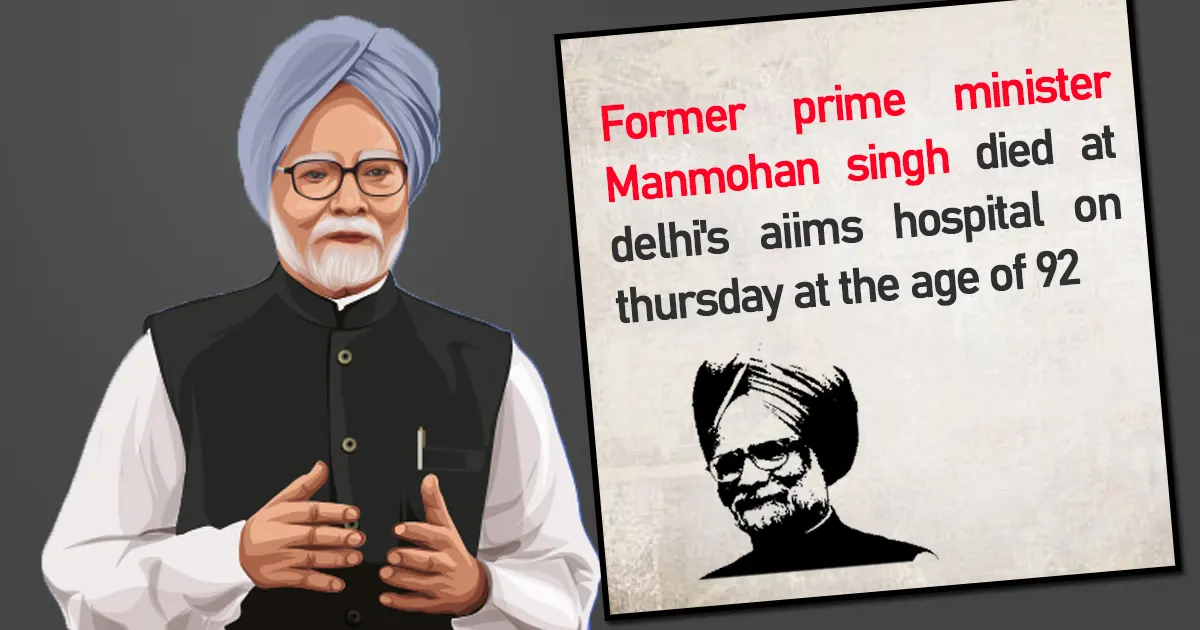GS2 – Polity

Dr. Manmohan Singh, an eminent economist and politician, served as the 13th Prime Minister of India from May 22, 2004, to May 26, 2014, leading the country for two consecutive terms. He was the first Sikh to hold the office of Prime Minister and is widely respected for his academic brilliance and significant contributions to India’s economic reforms.
Early Life and Education:
- Born: September 26, 1932, in Gah, Punjab (now in Pakistan).
- Dr. Singh pursued economics at Punjab University, Cambridge University, and earned a doctorate from Oxford University (Nuffield College).
- His academic journey reflected his deep expertise in economics, earning him global recognition.
Career Highlights:
- Academic and Bureaucratic Roles:
- Dr. Singh served as a professor and academic before entering public service.
- Held key positions in economic policymaking, including the Governor of the Reserve Bank of India (1982-1985).
- Worked as the Economic Adviser and later as the Finance Secretary to the Government of India.
- Economic Reforms Architect:
- As Finance Minister of India (1991-1996) under Prime Minister P.V. Narasimha Rao, he played a pivotal role in initiating economic liberalization.
- His policies marked the transition from a closed economy to an open and market-oriented one, addressing India’s balance of payments crisis.
- Prime Ministership:
- Dr. Singh led the United Progressive Alliance (UPA) coalition government.
- His tenure saw significant growth in infrastructure, rural development through programs like MNREGA, and initiatives in education and healthcare.
- He played a critical role in signing the India-US Civil Nuclear Agreement, which was a landmark in India’s strategic and energy relations.
Legacy:
- Dr. Manmohan Singh is admired for his humility, integrity, and dedication to public service.
- Though criticized for policy paralysis during his second term due to coalition politics, he remains celebrated for his economic vision and reforms.




